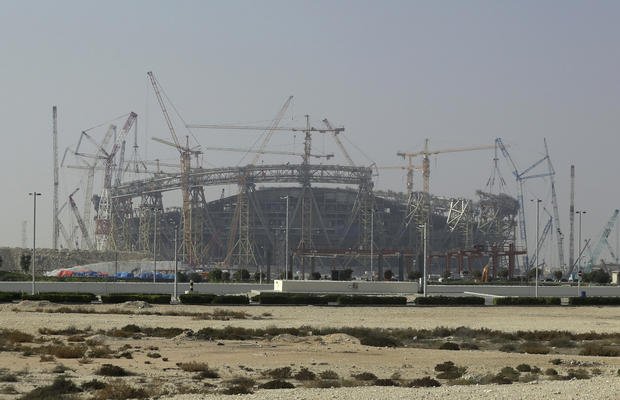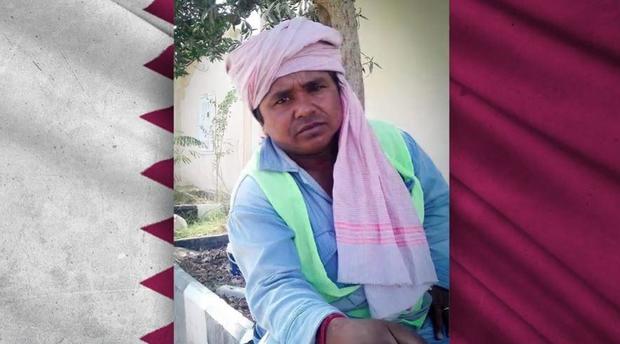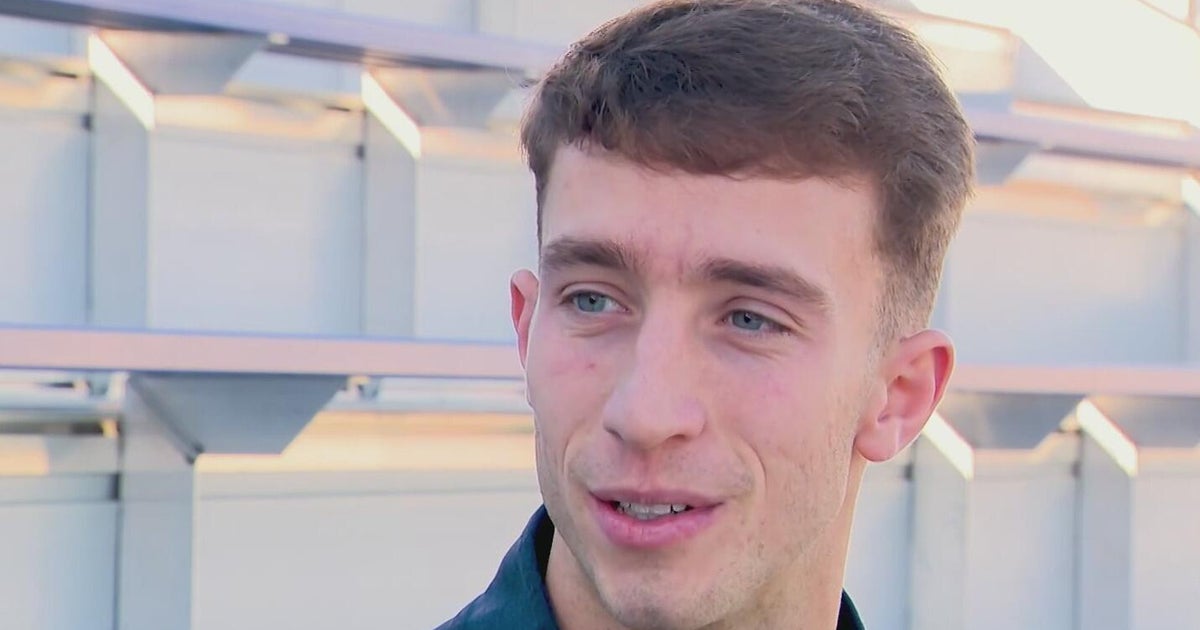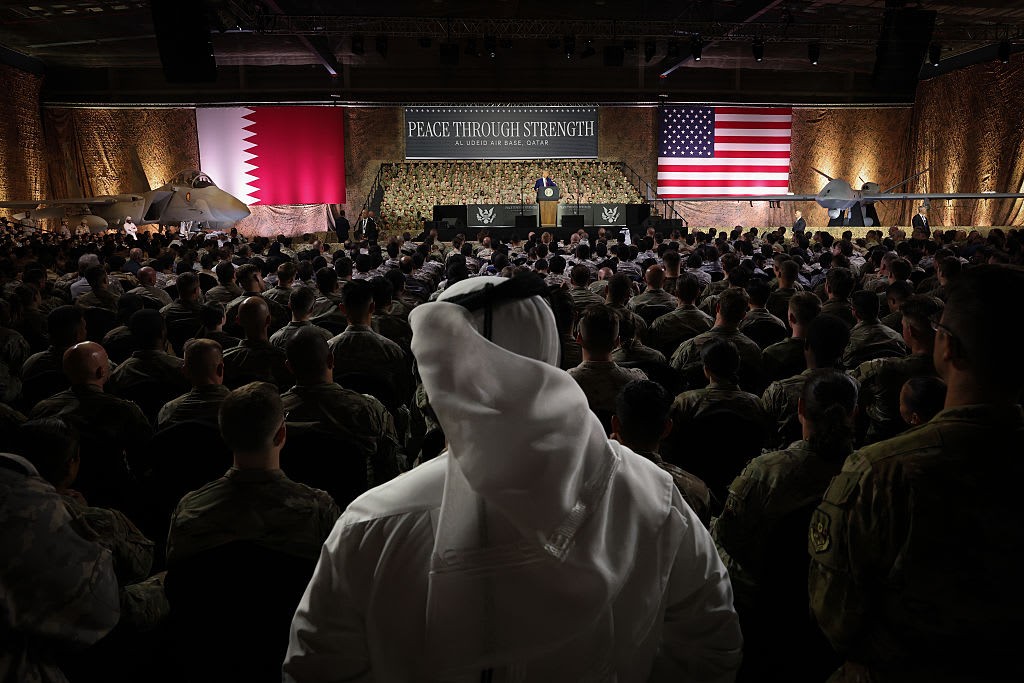Rights group estimates "hundreds of workers have died to make" Qatar World Cup possible
It may only be about the size of Connecticut, but huge oil reserves have made the Middle Eastern nation of Qatar one of the wealthiest in the world. The riches enabled the tiny nation to pour more than $200 billion into eight state-of-the-art, air-conditioned soccer stadiums and accompanying infrastructure to host more than a million spectators for soccer's 2022 World Cup.
But to build its World Cup legacy, Qatar has relied on an army of migrant workers, mostly from South Asia and Africa. Thousands toiled for years in temperatures up to 120 degrees, crammed into crowded, squalid residential camps near the venues they were building.
"They're like anyone else in the world," Mustafa Qadri, founder of the Equidem organization, which investigates labor abuses, told CBS News. "You want to have a better life than your parents. You want your children to go to college to have a better life than you. So, you're desperate for an opportunity."
Opportunity presented itself when Qatar's bid with international soccer's governing body FIFA controversially won, and the Arab nation was awarded the 2022 World Cup.
Qadri said that has made it a tournament "dependent on migrant workers, because they're cheap. And migrant workers are cheap because they're being exploited."
He told CBS News that he was arrested in Qatar while researching conditions for the migrant workers there, which he said included forced labor, workers going unpaid for months at a time, and unsafe work sites — with deadly results.
"I think hundreds of workers have died to make this World Cup possible," Qadri said, though he admits it's impossible to determine a precise figure.
Emran Khan came from Bangladesh to find his opportunity in Qatar, but he told CBS News that he found himself working shifts of up to 48 hours straight on buildings including Lusail Stadium — where the World Cup final will be held.
"I had no choices," he said. "Workers had no choice. No rights."
He told us he was paid about $350 per month — half of what he was originally promised, but if he made any complaints against the contractor who hired him, "they just say 'go back, pack your clothes and go back'" to Bangladesh.
Budhan Pandit left his home in Nepal to build roads in Qatar. He had been sending money back to his family, before he was killed in an accident last year.
His widow Urmila told us in a video call from her home that her family received no compensation, just her husband's body. They've fallen deeper into poverty, she said, and sometimes can't afford food.
Labor and human rights groups want Qatar to set up a fund to compensate injured and unpaid workers, and the families of those who have been killed.
Amnesty International and Human Rights Watch have demanded that FIFA and Qatar both sign up to a $440 million workers' compensation fund.
"The legacy of this World Cup 2022 depends on whether Qatar remedies with FIFA the deaths and other abuses of migrant workers who built the tournament, carries out recent labor reforms, and protects human rights for all in Qatar — not just for visiting fans and footballers," Human Rights Watch researcher Rothna Begum told French news agency AFP.
This month, Qatar rejected that suggestion of a compensation fund as "publicity stunt." The country has claimed to be the a victim of a "smear campaign" based on Western arrogance and "misinformation" since it won the bid to host the championship more than a decade ago.
The first game of the 2022 World Cup is on Sunday, between Qatar and Ecuador.
Qadri said it was "really conflicting... knowing that we're going to watch our teams that we love play, and at the same time, this is all made possible because of this incredible exploitation."








